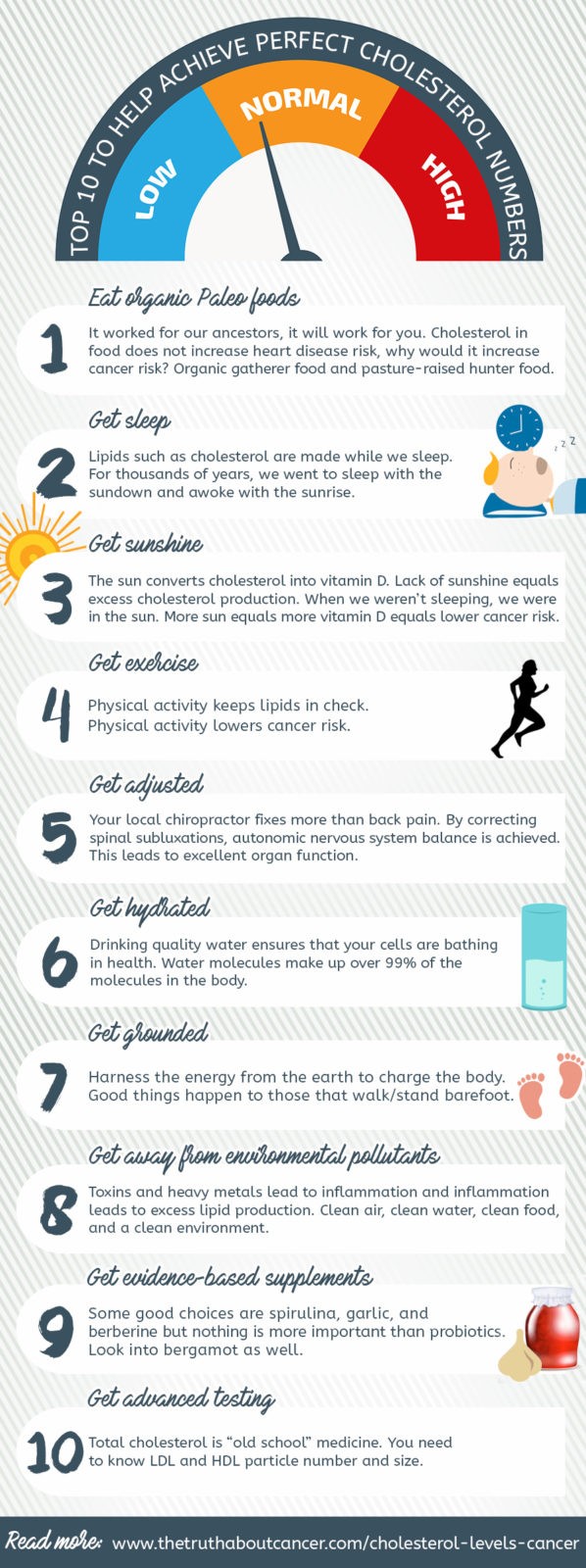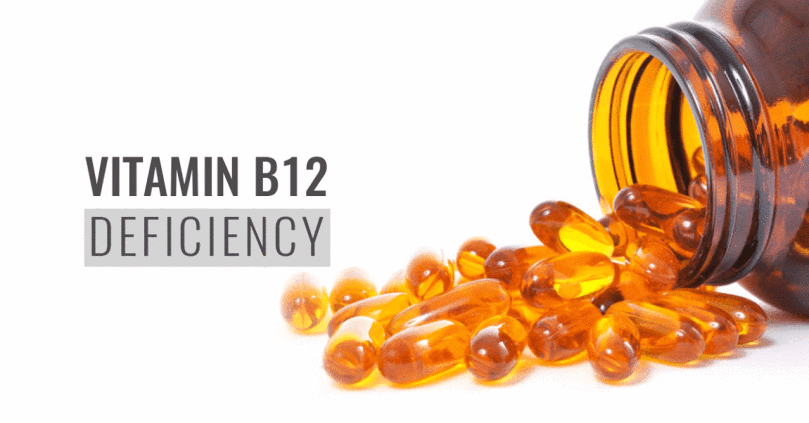Discover The Truth About Cholesterol Levels & Cancer
Cholesterol is one of the most important molecules in your body. Cholesterol serves many functions including: cell membrane integrity and function; production of vitamin D; digestion (it is a large component of bile); the precursor to hormones such as testosterone, estrogen, progesterone, and cortisol.
Cholesterol is so important that every animal and every fish make it as well. Why do eggs contain cholesterol? Try forming a chicken without it!
Dr. Jack Wolfson has written extensively about cholesterol,. Dr. Jack Wolfson has dedicated the first chapter of his book, “The Paleo Cardiologist” to this subject. Dr. Wolfson, as a cardiologist, hase listened to the anti-cholesterol rhetoric from medical doctors and the media for years and shares : “This is all Big Pharma propaganda to sell us drugs. These drugs lower cholesterol down, but do very little, if anything, for outcomes that matter such as heart attacks, stroke, and dying.”
Is There Such a Thing As a Perfect Cholesterol Level?
The truth is that total cholesterol has very little to do with living and dying. Studies confirm that between 160 and 260, there is very little difference in mortality. Each individual has a perfect cholesterol level. Your perfect cholesterol level is different from your best friend, your spouse, and your neighbor. Therefore, you need to find out the best cholesterol level for your body’s needs.
Quickly, LDL has been considered the “bad” cholesterol and HDL the “good” cholesterol. But this version of the story is false. Humans and animals alike make LDL and HDL for a reason. Both serve the immune system and transport vital nutrients (like cholesterol and fat soluble vitamins) for a reason.
The Link Between Cholesterol and Cancer
Research data is demonstrating that higher cholesterol confers a lower risk of cancer…
Prostate Cancer – Patients undergoing radiation and prostatectomy fare better with higher levels of LDL. Those with the highest LDL had a 33% less cancer recurrence compared to those with the lowest LDL levels.1
Lung Cancer – A recent study found those with lung cancer and the highest cholesterol levels had a 67% lower risk of dying.2
Breast Cancer – Women with the highest cholesterol levels had the lowest risk of breast cancer. In fact, the number was 30% lower. The same study found women had a 39% lower risk of melanoma and a 39% lower risk of lymphoma/leukemia when their cholesterol levels were the highest.3
Pancreatic Cancer – Men with the highest cholesterol had a 48% lower risk of pancreatic cancer along with a 33% lower risk of non-melanoma skin cancer, 86% lower risk of liver/gall bladder cancer, and a 32% lower risk of lymphoma and leukemia.4
Colorectal Cancer – Studies suggest that those with higher cholesterol levels are protected from colorectal cancer versus those with lower levels.5
Find Your Perfect Cholesterol Level (and Lower Your Cancer Risk)
Total cholesterol as a measurement is so 1970s. Dr. Wolfson recommends you should ask for advanced lipid testing. This would include LDL particles and HDL particles. ” You need to know the number of particles and the size of the particles. These measurements are so much more relevant than total cholesterol, total LDL and total HDL. In fact, the ratio of LDL particles to HDL particles is the best prognosticator of all lipid parameters.”
Remember, we cannot live without cholesterol . LDL and HDL each have a unique purpose in the body. Everyone should find their perfect cholesterol and perfect lipids numbers.
Here is a Top 10 list to achieve perfect cholesterol numbers for YOU:
- Eat organic Paleo foods (real, whole foods). It worked for our ancestors, it will work for you. Cholesterol in food does not increase heart disease risk, why would it increase cancer risk? Organic gatherer food and pasture-raised hunter food.
- Get sleep. Lipids such as cholesterol are made while we sleep. For thousands of years, we went to sleep with the sundown and awoke with the sunrise.
- Get sunshine. The sun converts cholesterol into vitamin D. Lack of sunshine equals excess cholesterol production. When we weren’t sleeping, we were in the sun. More sun equals more vitamin D equals lower cancer risk.
- Get exercise. Physical activity keeps lipids in check. Physical activity lowers cancer risk.6
- Get adjusted. Your local chiropractor fixes more than back pain. By correcting spinal subluxations, autonomic nervous system balance is achieved. This leads to excellent organ function.
- Get hydrated. Drinking quality water ensures that your cells are bathing in health. Water molecules make up over 99% of the molecules in the body.
- Get grounded. Harness the energy from the earth to charge the body. Good things happen to those that walk/stand barefoot.
- Get away from environmental pollutants. Toxins and heavy metals lead to inflammation and inflammation leads to excess lipid production. Clean air, clean water, clean food, and a clean environment.
- Get evidence-based supplements. Some of my favorites include spirulina, garlic, and berberine but nothing is more important than probiotics. Read about bergamot as well.
- Get advanced testing. Total cholesterol is “old school” medicine. You need to know LDL and HDL particle number and size.
This is Doctor Wolfson ‘s opinion to using Pharmacaeutical: “Corporate America loves to promote better living through chemistry. To be candid, there is literature supporting drugs such as aspirin and statins lowering cancer risk. But do humans get cancer because of a pharmaceutical deficiency? Obviously not. Cancer has a cause. Heart disease has a cause. Find the cause and you will have the cure.”
Sources and References
1. Prognostic Role of Preoperative Serum Lipid Levels in Patients Undergoing Radical Prostatectomy for Clinically Localized Prostate Cancer.
2. Pretreatment direct bilirubin and total cholesterol are significant predictors of overall survival in advanced non-small-cell lung cancer patients with EGFR mutations.
3. Total Serum Cholesterol and Cancer Incidence in the Metabolic Syndrome and Cancer Project (Me-Can)
4. Total Serum Cholesterol and Cancer Incidence in the Metabolic Syndrome and Cancer Project (Me-Can)
5. Cholesterolemia in colorectal cancer.
6. Physical activity in the prevention of cancer.
Go HERE to read original article
You might also like to know The Truth About Vaccines <======













